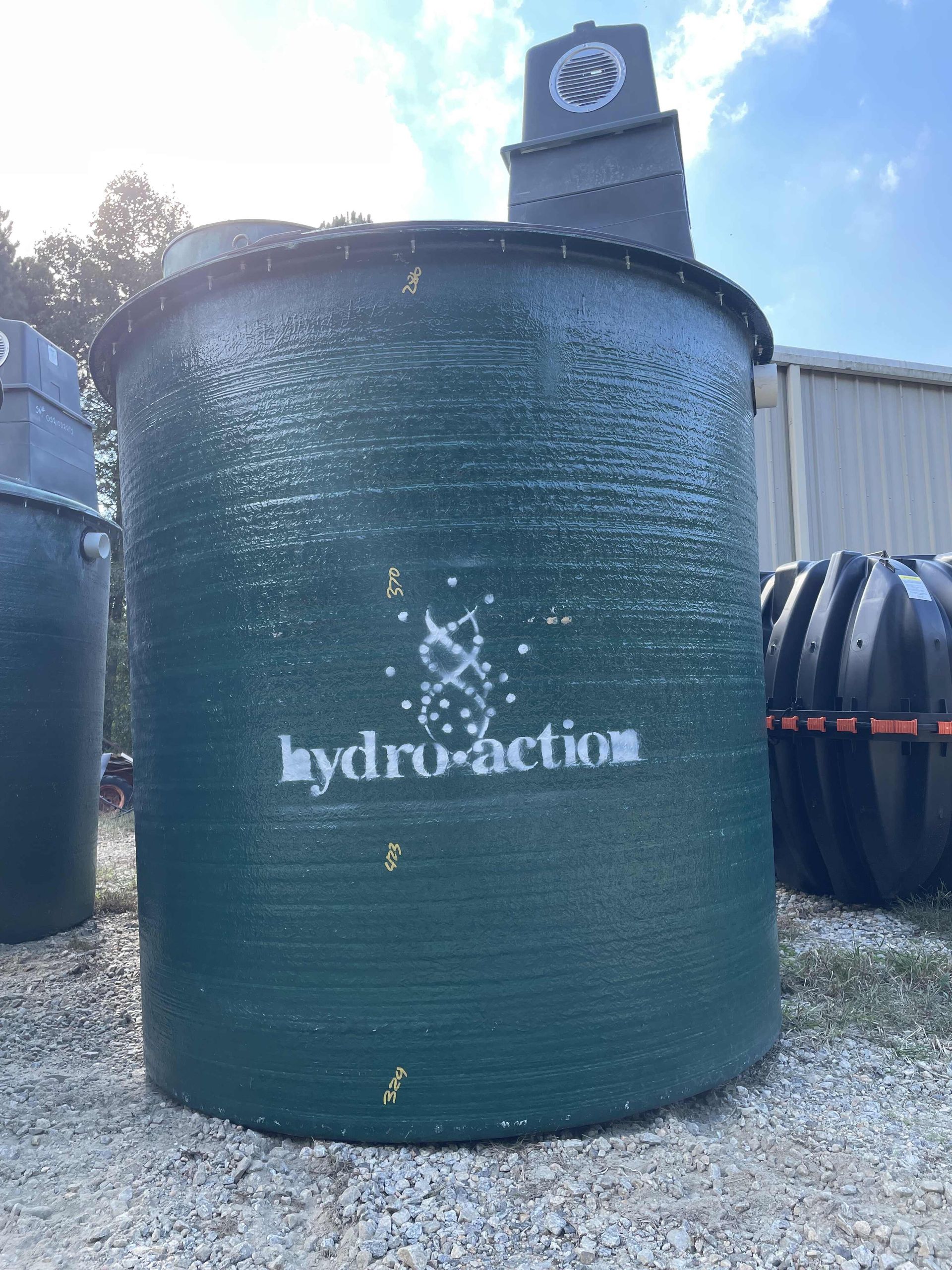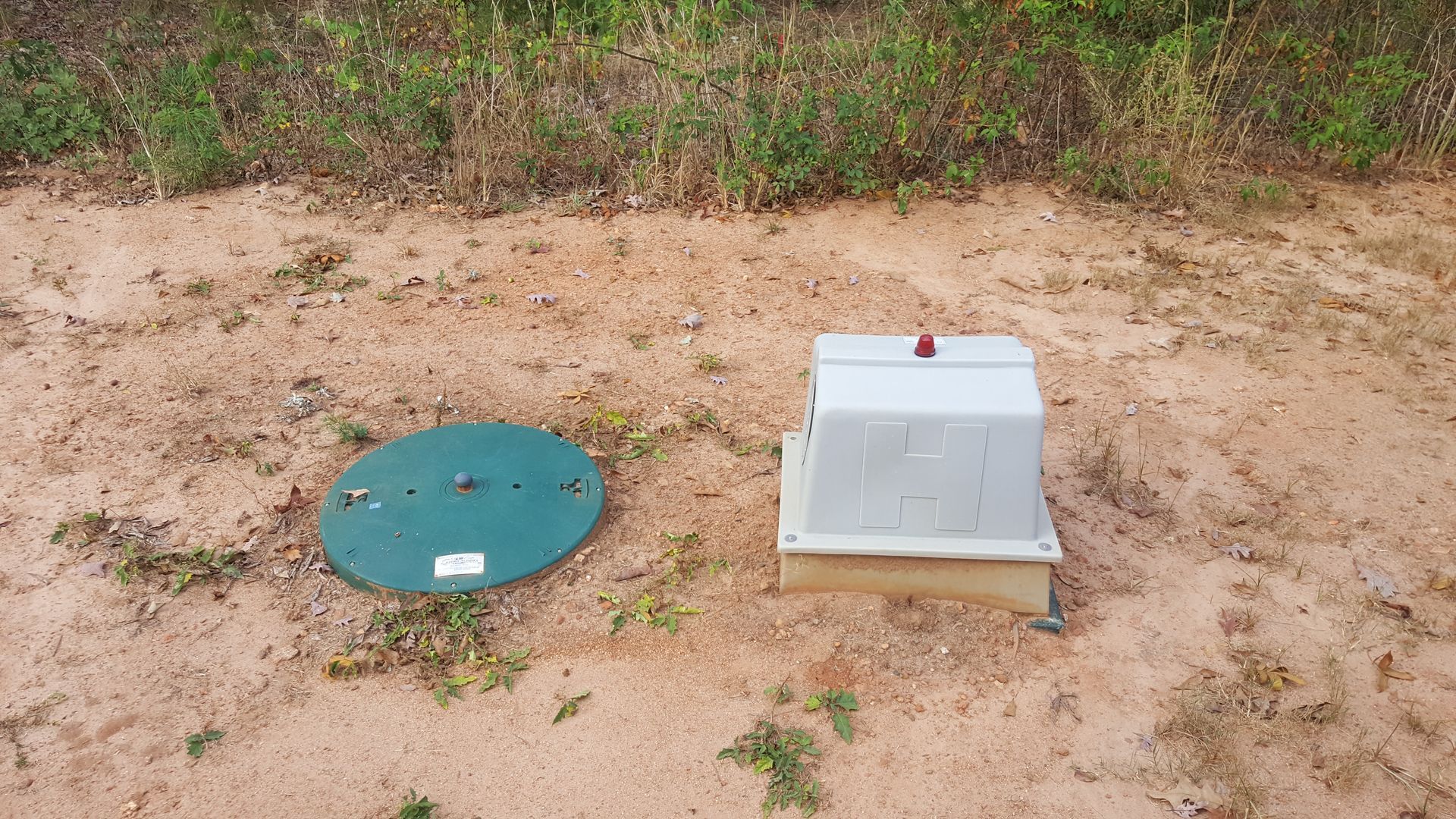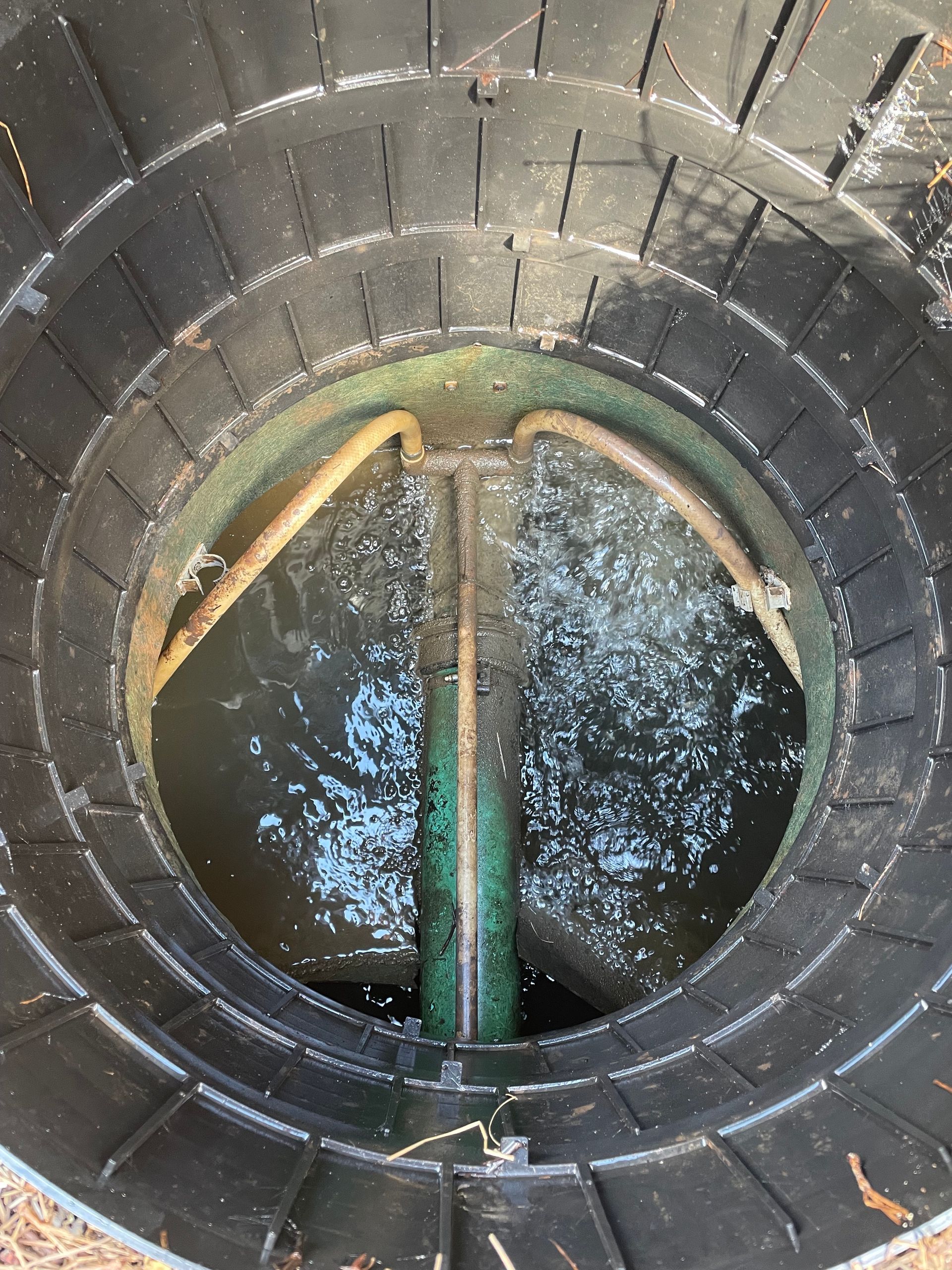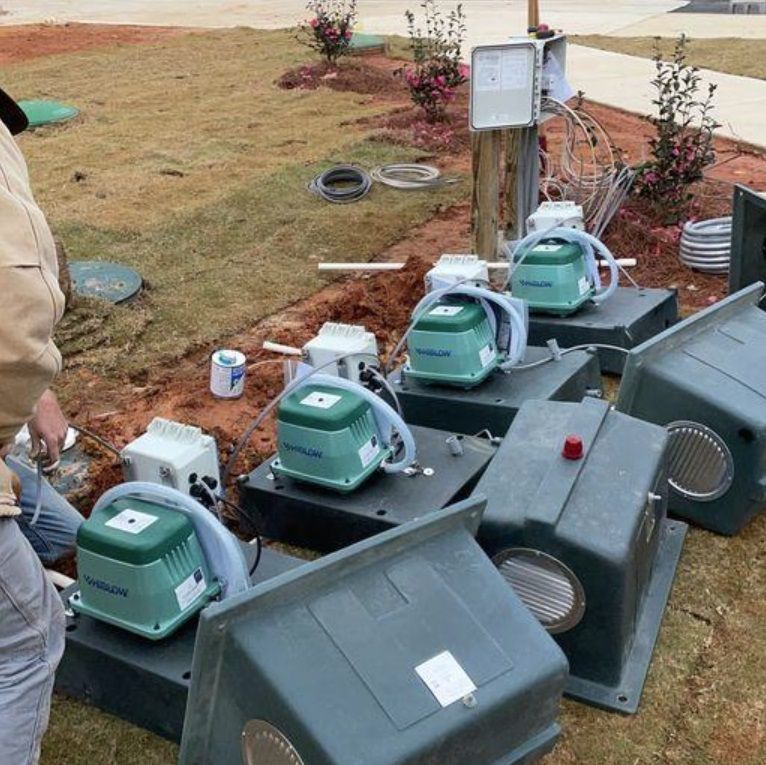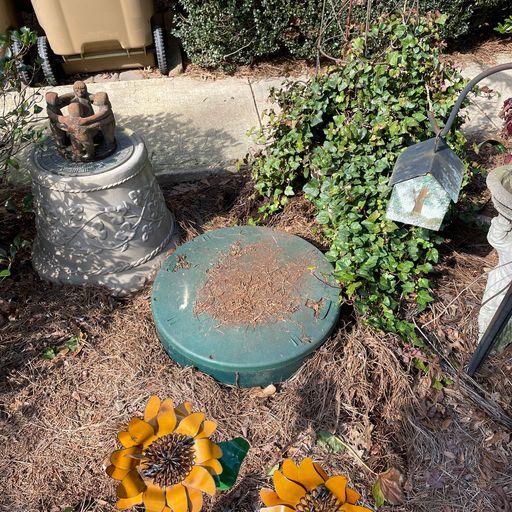Get in touch
404-788-3474
asmseptic@gmail.com
Email Us on: asmseptic@gmail.com
Call or Text: 404-788-3474
Pump Repair and Why It’s Important
A well-functioning pump is crucial for maintaining your septic system in optimal working condition. Like any other equipment, septic pumps can wear out or break down over time, necessitating pump repair. Regular pump maintenance and repair services help ensure your septic system's longevity. In this article, we'll discuss the basics of pump repair, why it's important for your septic system, and some steps you can take to avoid costly breakdowns.
What Is Pump Repair?
Pump repair involves diagnosing and resolving issues affecting your septic pump's performance. Septic pump repair services typically cover many tasks, from replacing damaged components to restoring your pump's overall efficiency. Some common pump repair issues can include blockages, leaks, mechanical failure, and even electrical problems.
Why Is Pump Repair Important for Your Septic System?
Your septic system relies on a properly functioning pump to transport wastewater from your home to the drainage field. A faulty pump can lead to system overloads, backups, and even groundwater contamination. Regular pump repair services can help extend the life of your septic pump, prevent major system malfunctions, and protect the environment from pollution. Here are some ways pump repair can benefit your septic system:
- Prevents System Failure: Ignoring the need for pump repair can lead to severe consequences such as system overflows, property damage, and environmental risks. By addressing problems early on, you can save yourself from costly repairs and potential violations of local health regulations.
- Increases System Efficiency: A well-maintained pump operates at its maximum efficiency, prolonging the life of your septic system. Routine pump repair services can help keep your pump working at its best, ensuring wastewater is properly transported and treated.
- Minimizes Odors and Mess: A faulty pump can result in unpleasant odors and septic waste backing up into your home. Regular pump repair can help you avoid these issues and maintain a clean, safe, and odor-free environment.
- Protects Groundwater: A malfunctioning septic pump may cause wastewater to infiltrate the soil and contaminate nearby water sources. By investing in pump repair services, you can help protect your groundwater and the health of your community.
How To Prevent Common Pump Problems
While pump repair services are invaluable, it's worth noting that taking preventive measures can help minimize the need for costly repairs. Here are some tips to help you keep your septic pump in good working order:
- Schedule Regular Pump Maintenance: Like your car, your septic pump needs regular maintenance to function efficiently. Schedule routine pump maintenance with a professional pump repair service provider to ensure your pump stays in optimal condition.
- Keep Foreign Objects Out of Your Septic System: Avoid flushing non-biodegradable items down the toilet, as they could clog the pipes, restrict pump efficiency, and lead to costly pump repair or replacement.
- Monitor Your Pump’s Performance: Keep an eye on your pump and be mindful of any changes in performance. Unusual noises, frequent tripping of breakers, or slow drainage could indicate a problem with the pump. Have a pump repair expert check it at the first sign of trouble.
- Conduct Regular Inspections: Regular inspections of your septic tank and its components can help you detect potential issues before they turn into expensive problems. Contact a professional pump repair service provider to assess the condition of your septic system and perform any needed pump repairs.
Conclusion
Understanding the basics of pump repair is essential for maintaining a healthy septic system. Regular pump repair services can increase your septic pump's efficiency, prevent system overload and groundwater contamination, and extend the life of your system. Following the best practices and arranging for routine maintenance can keep your septic pump in peak condition and avoid the costs and stress associated with major pump failure.
If you need help with
septic pump repair or maintenance, contact Alternative Septic Management, Inc. today and let our expert technicians take care of all your septic system needs! With over ten years of experience providing services for advanced or alternative septic systems, particularly on aerobic treatment units (ATUs), our team is committed to delivering maximum benefits at an affordable cost to commercial and residential customers. Give us a call to schedule a service!
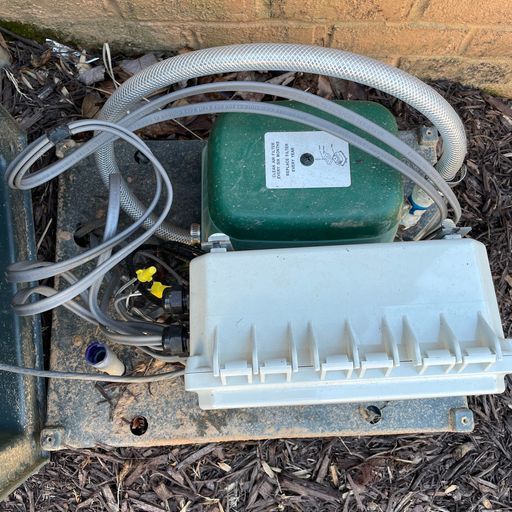
Alternative Septic Services For Residential And Commercial Systems Requiring Alternative Septic Systems.
Quick Links
Our Services
Septic Installation
Septic Repair
Septic Inspection
Air Compressor Maintenance
Pump Maintenance
Get In Touch
Mobile: 404-788-3474
Email: asmseptic@gmail.com
Address: 3295 Fannie Thompson Rd. Monroe GA 30656
Copyright 2025 © All Rights Reserved. Alternative Septic Management, Inc.

